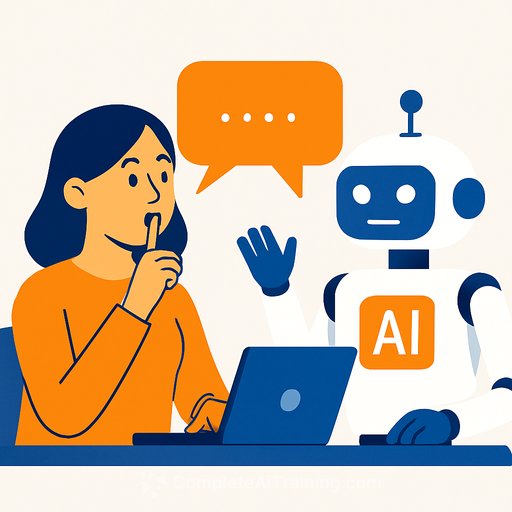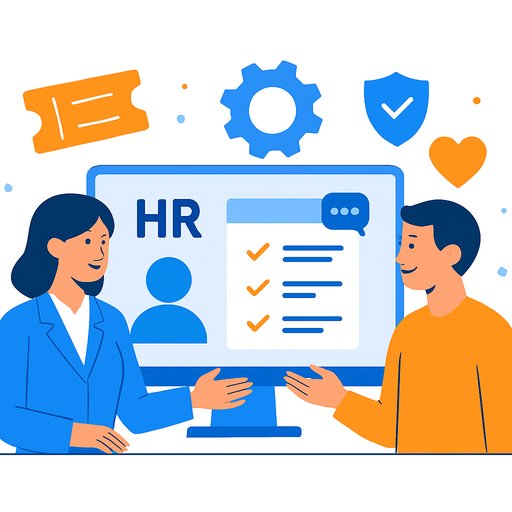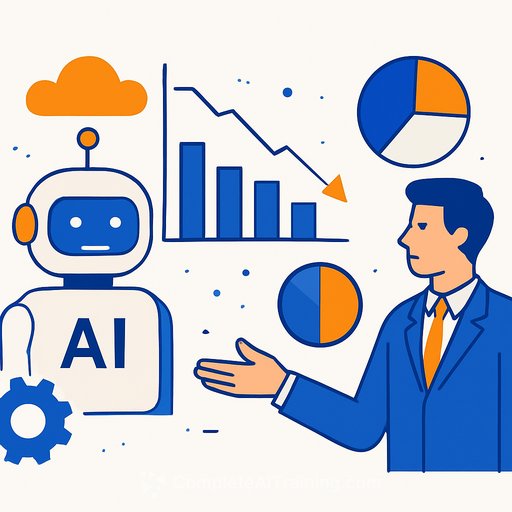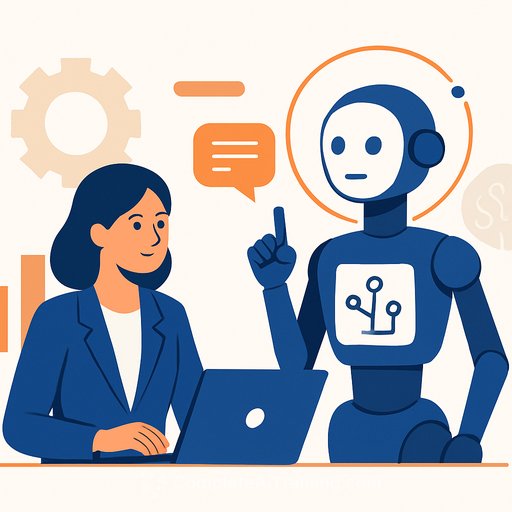The Importance of AI Disclosure in the Workplace
Using artificial intelligence (AI) at work is becoming common, but how open should employees be about it with their managers and colleagues? Transparency about AI use is crucial for building trust and ensuring the technology is applied effectively.
Honesty about AI use matters. Sachi Kittur, vice-president of human experience and innovation at the Human Resources Professionals Association, emphasizes that employees should be upfront about their AI involvement. However, many companies haven’t updated their policies to support open conversations about AI, leading to confusion and sometimes misuse.
A recent KPMG Canada report found that 61% of Canadian workers use AI at work. Yet, 56% also admitted that overreliance on AI has caused mistakes and reduced effort. This highlights the need for clear guidelines and open dialogue.
Why AI Disclosure Is Challenging
The uncertainty around AI rules and fears about its impact make disclosure tricky. Employees often hide their AI use, worried it might reflect poorly on their skills. Managers have a responsibility to foster a culture where AI is seen as a tool that enhances work, not a threat.
Building trust means encouraging staff to share how they use AI and recognizing when it improves productivity. When AI helps accomplish tasks, acknowledging its role benefits everyone.
Flexible Guidelines Over Rigid Rules
Ally MacLellan, director of integrated intelligence and technology at a communications firm, suggests that strict AI policies don’t fit the fast-changing landscape. Instead, flexible guidelines are better. For example, using AI for simple tasks like spellcheck doesn’t usually require disclosure. But using AI to create significant content, like a presentation storyboard, should be acknowledged.
Ms. MacLellan recommends thinking of advanced AI as a work colleague. If a colleague helped prepare your work, you'd credit them. The same approach applies to AI.
She also advises the “hamburger” method: AI is the filling, but human input forms the essential outer layers. This balance ensures AI supports, rather than replaces, human creativity and judgment.
Current State of AI Disclosure Policies
Professor Pamela Lirio of the Université de Montréal describes AI disclosure policies in Canada as still developing. Ontario has passed legislation requiring employers to reveal when AI is used in hiring decisions, but beyond that, guidelines remain vague. Often, both managers and employees wait for the other to initiate conversations about AI use.
With AI evolving rapidly and varying in complexity, setting clear boundaries is still a work in progress, especially in academic settings.
Practical Advice for HR Professionals and Managers
- Encourage openness: Create an environment where employees feel safe sharing how they use AI.
- Set clear expectations: Define when AI use should be disclosed, balancing transparency with practicality.
- Recognize AI as a tool: Treat AI as a collaborator that can boost efficiency but requires human oversight.
- Provide training: Help staff understand AI capabilities and risks through ongoing education.
Adam Froman, CEO of a digital research firm, advises always being upfront about AI use except for minor tasks. If AI significantly influences the work, disclosure is essential, even if the final output is presented as your own.
Scott Taber, vice-president at a communications company, stresses that trust and creativity remain human strengths. AI will continue to change workflows, but open communication is key to integrating it successfully.
Conclusion
For HR professionals, fostering transparency about AI use in the workplace is vital. Clear policies, trust-building, and flexible guidelines help employees use AI responsibly and confidently. This approach not only reduces errors but also supports a healthy, innovative work environment.
To support your team in adapting to AI, consider exploring specialized AI courses and training programs that focus on practical workplace applications. Resources like Complete AI Training offer valuable tools to help HR professionals and employees master AI use responsibly.
Your membership also unlocks:






